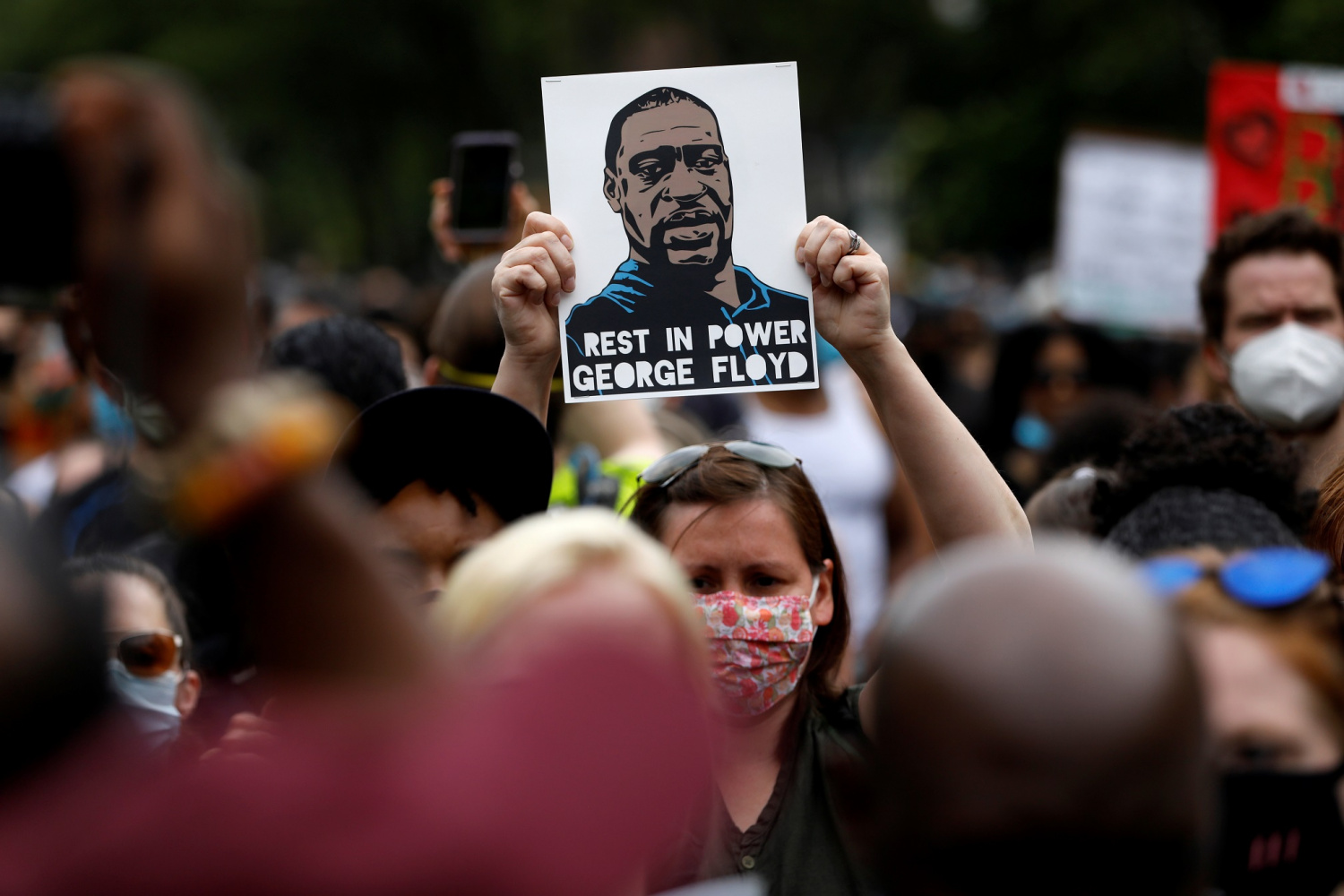On the fourth anniversary of George Floyd's death, his family renewed their call for Congress to pass the George Floyd Justice in Policing Act, a legislative effort aimed at reforming police practices in the United States. Philonise Floyd, George Floyd's brother, emphasized the urgent need for change during a press conference with Democratic lawmakers who announced their latest attempt to pass the bill. "Change is needed," Philonise said, underscoring the persistent issues in American policing that disproportionately affect people of color.
The George Floyd Justice in Policing Act, which first passed the Democratic-controlled House in June 2020 but stalled in the Senate, seeks to hold law enforcement accountable for misconduct and implement comprehensive police training and policy reforms. Democratic Rep. Sheila Jackson Lee reintroduced the bill last Thursday, emphasizing its importance. "We have the opportunity to enact bold, comprehensive reform to policing practices, to correct and prevent unnecessary deaths," she wrote in a Facebook post.
The 2020 murder of George Floyd, a 46-year-old Black man, by then-police officer Derek Chauvin, who knelt on Floyd's neck for nearly nine minutes, ignited global protests against racial injustice and police brutality. Floyd's death remains a raw wound for his family and many communities advocating for justice and reform.
Rep. Ilhan Omar, who represents Minneapolis, called on her colleagues to consider the lives that could have been saved if legislative action had been taken sooner. "We need a clear national standard to uphold the promise of equal protection under the law," she said at the press conference. The murder of George Floyd and other Black Americans by police have fueled demands for systemic change, yet substantive federal reforms remain elusive.
Philonise Floyd echoed these sentiments, expressing frustration with the slow pace of progress. "In their mind, they [police] are looking at you as a target just because you're somebody of color," he said. "At the end of the day, if they can make federal laws to protect the bird, which is the bald eagle, then they can make federal laws to protect people of color."

People attend a public memorial after the death in Minneapolis police custody of George Floyd in the Brooklyn borough of New York City, New York, U.S., June 4, 2020.
The stalled progress on the George Floyd Justice in Policing Act is emblematic of broader challenges in achieving comprehensive police reform. Despite initial momentum following Floyd's death, efforts have been hampered by political divisions and other pressing national issues. President Joe Biden reiterated his support for the legislation, urging Congress to act. "I will continue to urge Congress to send the George Floyd Justice in Policing Act, which ensures law enforcement accountability, to my desk," he stated.
Stevante Clark, whose brother Stephon Clark was killed by Sacramento police in 2018, expressed disillusionment with the lack of progress. "You can't honor the life and legacy of George Floyd without passing comprehensive policy and legislative change to prevent George Floyds from happening," he told Reuters. Clark criticized the Biden administration for not being aggressive enough in pursuing police reform.
The legislative roadblocks are not new. The George Floyd Justice in Policing Act initially faced challenges in 2021, failing to secure bipartisan support. Issues like changes to "qualified immunity" laws, which protect police officers from certain lawsuits, remain contentious. Efforts to pass the bill have stalled repeatedly, and while Biden signed an executive order in May 2022 to create a national police misconduct database and restrict federal agencies' use of chokeholds, comprehensive legislative change has yet to be realized.
Rashawn Ray, a senior fellow at the Brookings Institution, noted that while there have been steps towards accountability, they fall short of the sweeping reforms advocates hoped for. "There have been accomplishments on policing accountability, but they have been far less influential than what we would have liked," said Nina Patel, Senior Policy Counsel at the American Civil Liberties Union.
The frustration is palpable among advocates and families affected by police violence. Cicley Gay, Board Chairwoman of Black Lives Matter, argued that incremental reforms are insufficient. "We hear firsthand from many families about not only what they experienced, but the lack of progress in making policy change," she said.






